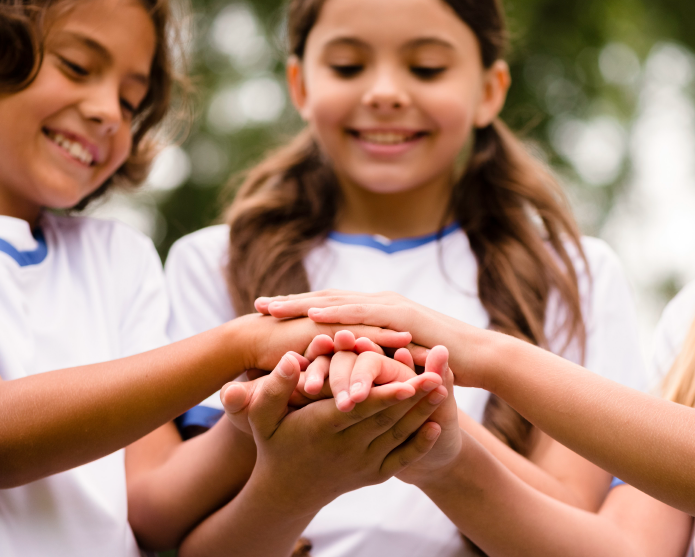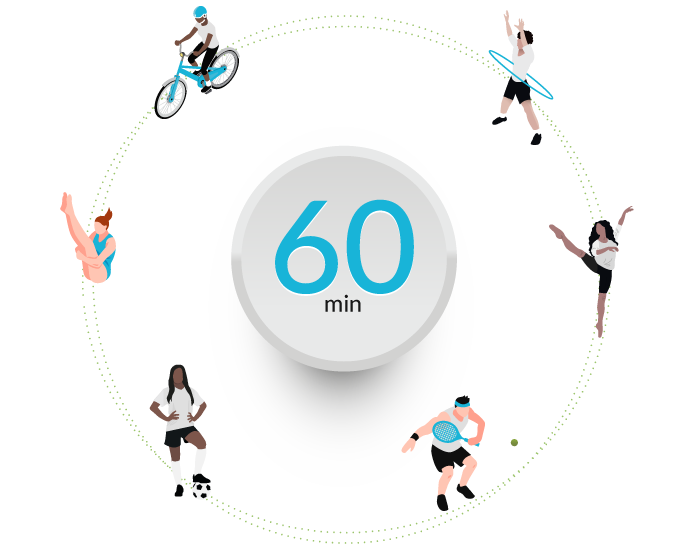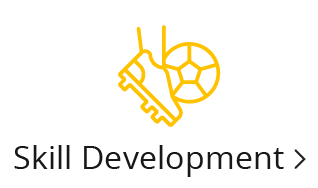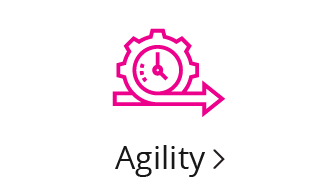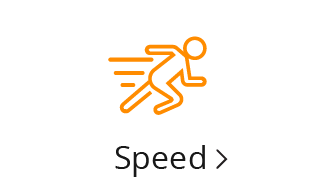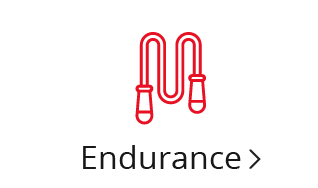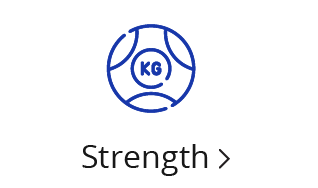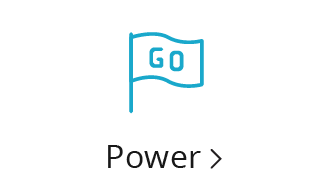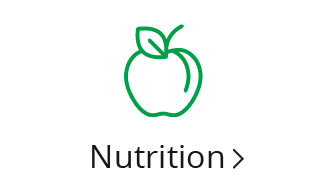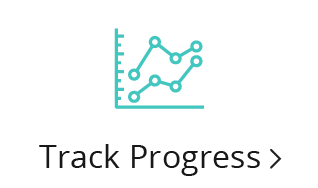Exercise or any other physical work causes fluid loss, muscle tissue breakdown, and the depletion of energy stores. During recovery, two vital things happen. Firstly, the body replenishes its energy stores (see Nutrition and Fuel for Performance for more information on this), and secondly recovery allows the body to repair tissue damage.
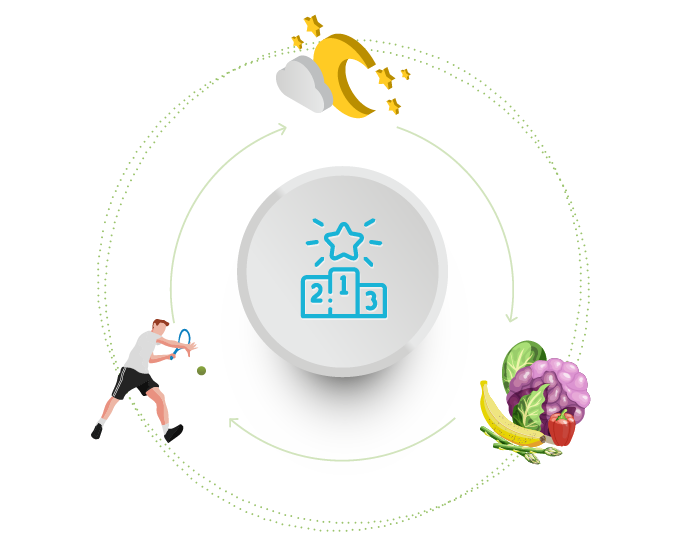
Overtraining often occurs in athletes that are preparing for something important, such as an important competition. Athletes attempt to train harder, and for longer in order to try and see quicker improvements with a greater impact, unfortunately, with overtraining the effects can be negative and performance levels can decrease rather than improve. This is done to the body’s energy stores being depleted and muscle fibres not getting enough time to repair.
Signs of overtraining can include (but not exclusive of):
- Headaches
- Trouble sleeping
- Decreased appetite
- Increasing incidents of injury
- Pain in muscles and joints
- Lack of energy and enthusiasm
- Not feeling yourself
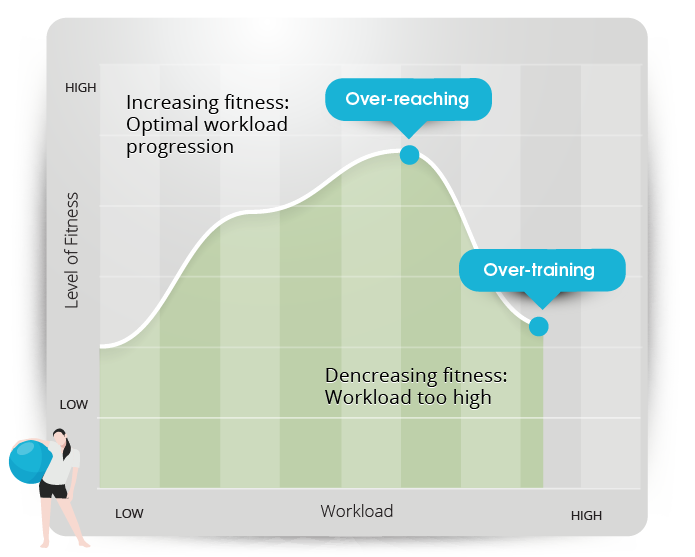
Rest doesn’t necessarily mean – do nothing! It is possible and often beneficial to rest and to keep moving at the same time. Active rest often involves performing light, low intensity exercise, without overly exerting yourself.
For example, Footballers that are used to doing lots of running, jumping, strength training, technical work etc. May choose to swim or cycle on an active rest day. This keeps the body moving and promotes recovery in the muscles, but as stated, light, low intensity movements should be encouraged.
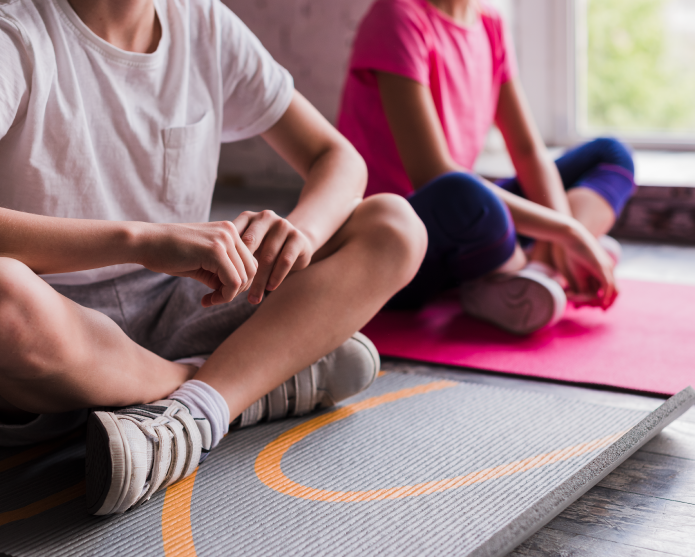
It is also important to re-charge your mind, along with your body when you can, and by doing something different from your usual routine or a different sport you can refocus and refresh mentally – this is often referred to as a Multi-Sport Development.
This Multi-Sport concept is also ideal for our Young Champions. Indeed, for all children. We do not want them to train intensely for lots of sports, this would lead to overtraining, however by learning the rules and developing skills for a range of activities, we can promote active rest. There is also lots of research to suggest that children that play in a range of sports earlier on, often attain more when they become sport specific, due to the transferable skills learnt along the way.
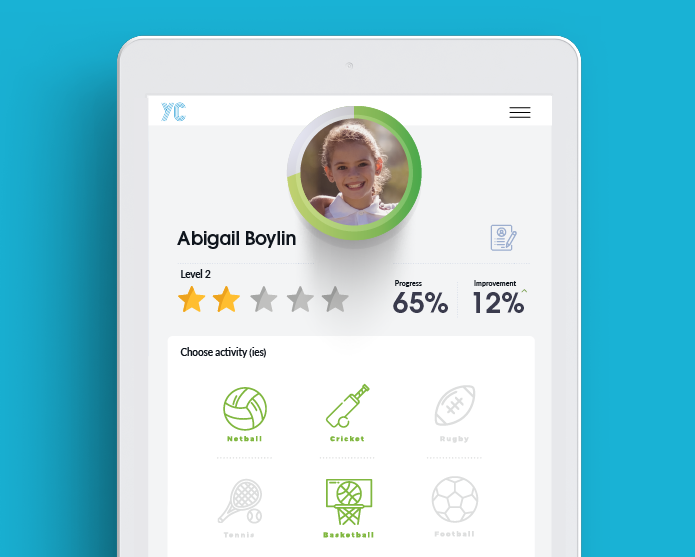
Sleep is very important! It really is as simple as that.
As previously discussed, when you train, or exercise muscle tissue is broken down. Although protein in your diet is a very important factor in promoting muscle regeneration and growth, sleep also plays a vital role in this process.
Neglecting your sleep, may mean that all the hard work in the gym, or on the pitch is not being as effective as it should.
To give you some ideas on length of sleep multiple studies suggest that on average;
- School Children (6-13year olds) require 9-11hours sleep per night
- Teenagers (14-17year olds) require 8-10hours sleep per night
- Adults (18-64year olds) require 7-9hours sleep per night
- Seniors (64+ year olds) require 8-9hours sleep per night
Remember, this is an average and a guide only, if you are more active, you may require more sleep.
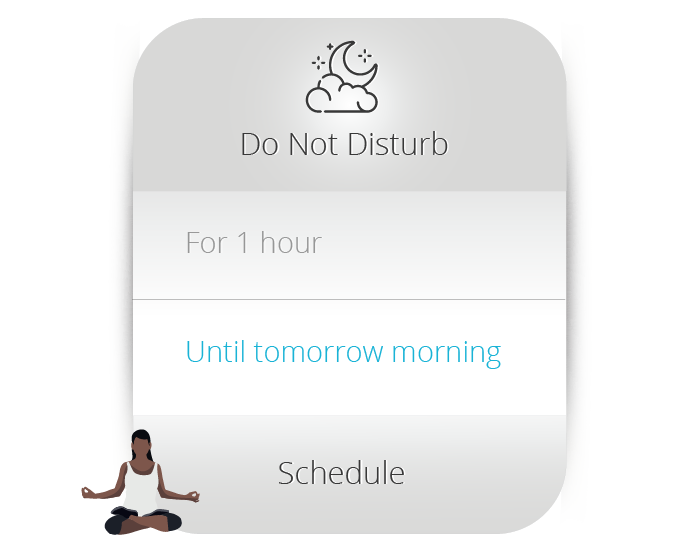
Remember, Young Champions is about training and becoming the best version of you that you can be. This is only possible if you take appropriate rest and are ready to train.
Overtime, your body will adapt to increased physical exertion, muscles will become stronger, the body will become more skilled and coordinated and cardiovascular and respiratory health will adapt to meet the needs of your training patterns.
This is all part of the journey of long-term athlete development… be patient, work hard, but rest when you need it and you will see the results.
Next section... Being the Best (Personal Best)
